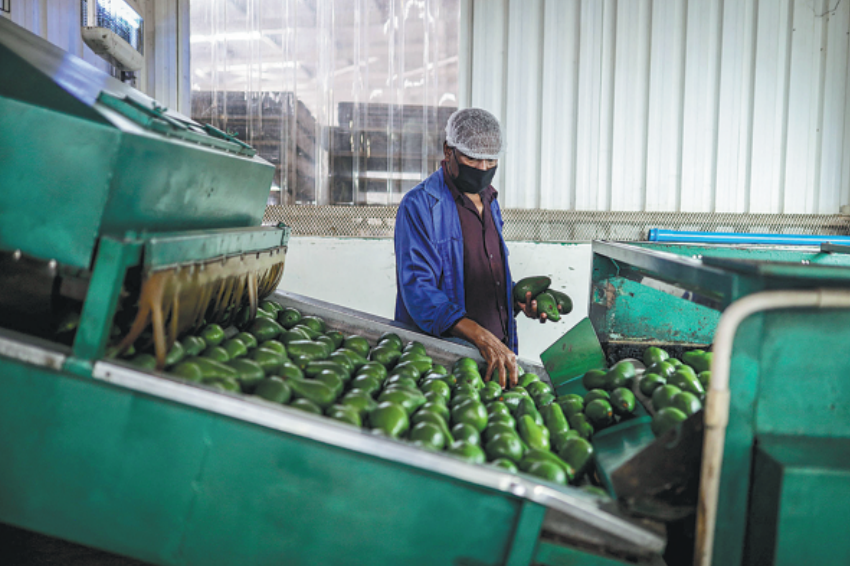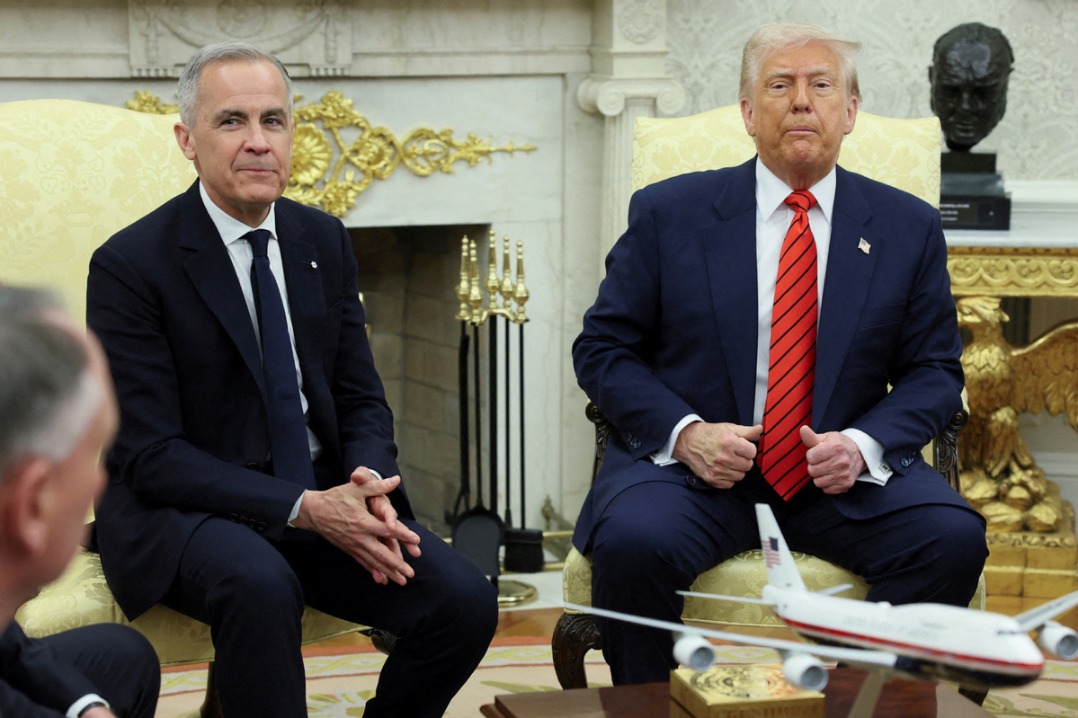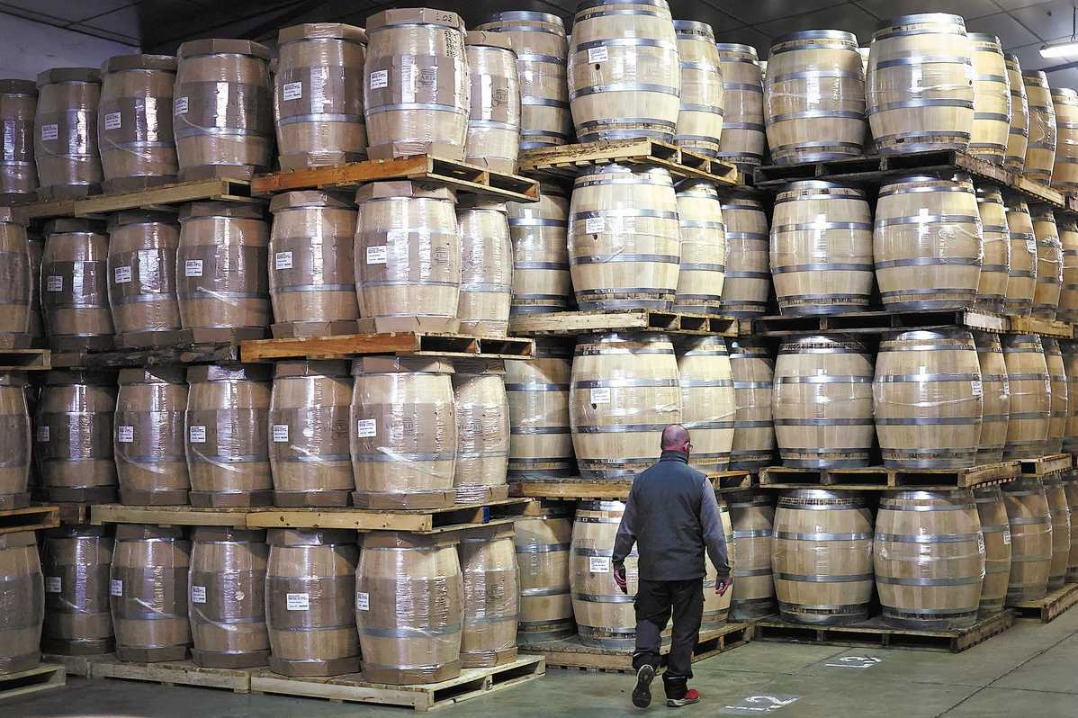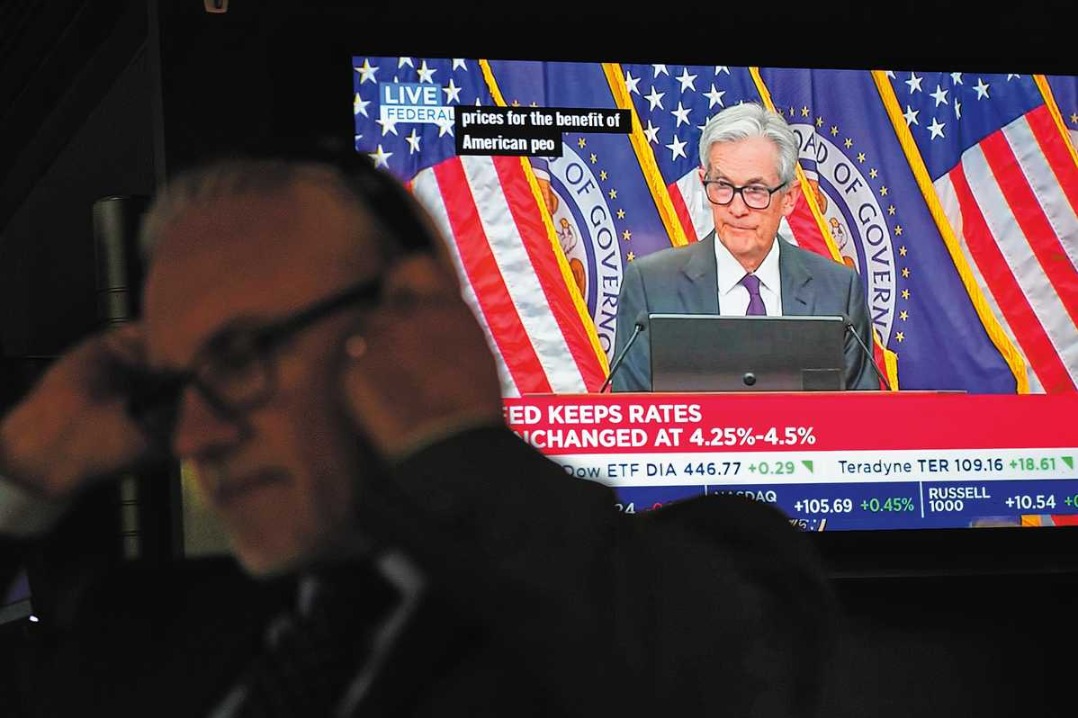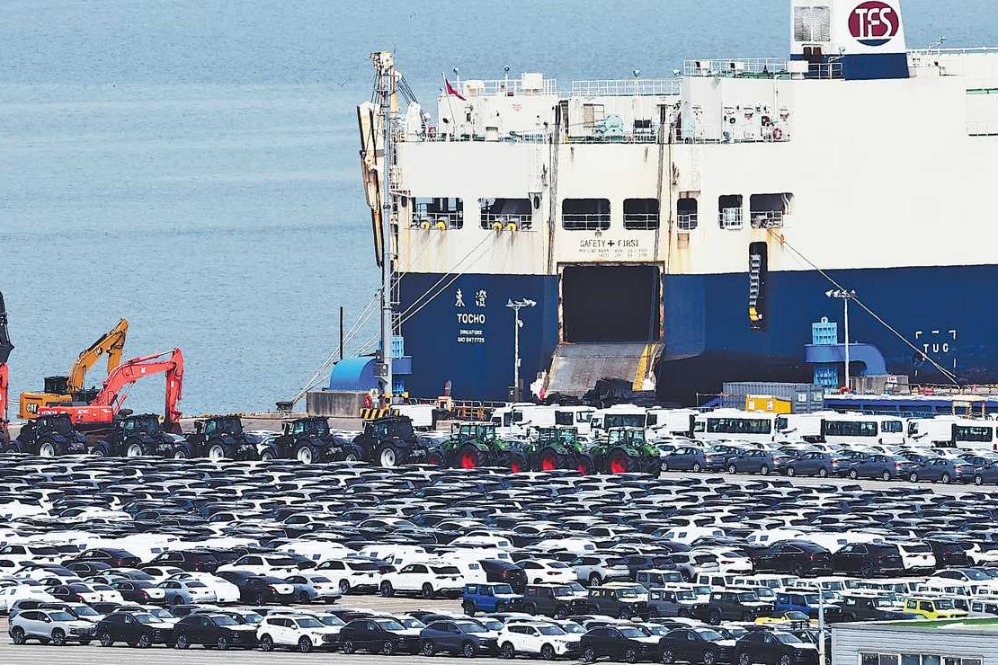Africa looks to diversify trade
Legislators call for business exchanges on continent to cushion US' levy impact

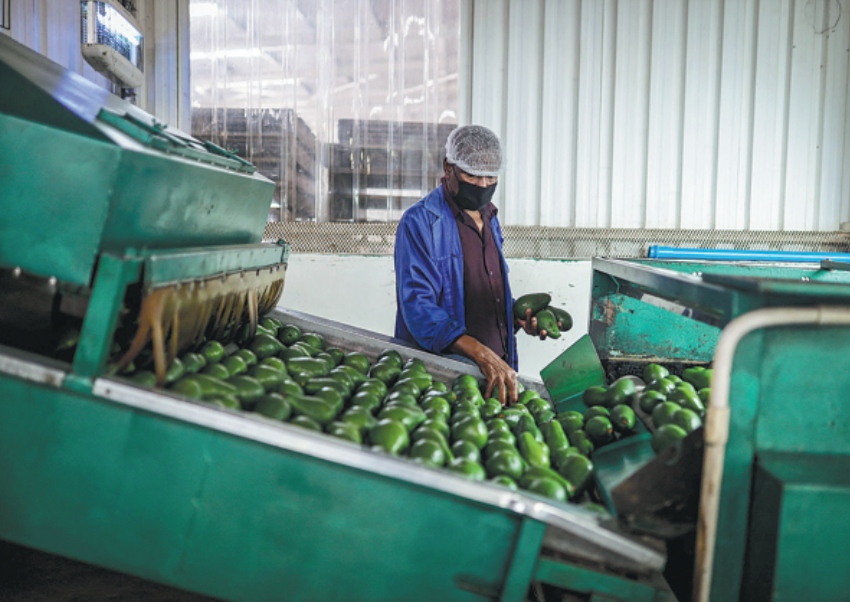
Legislators across African countries are calling for diversification of exports and increasing intra-African trade to cushion the impact of US-imposed tariff hikes.
The members of parliament from different African countries, from July 16 to Aug 1, met in Johannesburg at the Pan-African Parliament, where various issues affecting the continent, including trade tariffs, were discussed.
Bhekizizwe Radebe, house chairperson responsible for international relations at the National Council of Provinces, said that South Africa, which faces tariffs of 30 percent, should send a delegation to engage the US Congress on the trade tariffs, and also engage more with other countries for diversification. The National Council of Provinces is one of South Africa's two national parliaments.
"I believe in diplomacy. When you engage, some people understand. We must have a multipronged approach. We have to try everything possible. We have to diversify our markets, but to do that, it takes time. In the meantime, Deputy President (Paul) Mashatile took some businesspeople to China to expand our markets," said Radebe.
Mashatile was recently in China with his delegation. He attended the South Africa-China Investment Forum and the third China International Supply Chain Expo. Mashatile held meetings with Chinese companies, such as the Industrial and Commercial Bank of China and the BAIC Group.
Radebe said China is willing to expand the import of finished products from South Africa. He said South Africa should also explore other markets in Asia, the Middle East, Africa, and the European Union.
Radebe said, "We will never fight this war alone; we need to fight as a collective. Africa has to speak with one voice and use the World Trade Organization as our shelter."
Radebe said there is great potential in the BRICS countries. When the US withdrew from the International Partners Group, a coalition of nations supporting South Africa's Just Energy Transition Partnership, the EU offered to help, said Radebe, adding China too "raised its hand" to assist.
Thabiso Lebese, a senator in Lesotho, said new tariffs imposed by the US on his country will greatly affect the economy. He said Lesotho has been exporting textiles to the US but not importing enough. Hence the high tariffs. Last year, Lesotho's exports to the US were $237 million, accounting for more than 10 percent of its GDP.
The US tariffs will affect the economy, leave the people with less disposable income, and reduce the number of employees, which will affect most sectors, said Lebese.
He said, "Instead of us murmuring about tariffs and setting endless appointments to see (US President Donald) Trump to renegotiate trade tariffs, we have to look at intra-African trade and trade with one another. We also need to diversify our economy."
Lebese said they have to identify some African countries for selling their textiles. He said they will also identify products manufactured in Lesotho that have an advantage over other African countries, such as apples.
Unity urged
John Bideri, chairperson of the Pan-African Parliament's Committee on Trade, Customs, and Immigration Matters, said the US tariffs are a wake-up call for Africans to increase intra-African trade. He said African countries have to improve their "internal capabilities", remove trade barriers, and trade with each other. African countries should unite and engage with the US as a bloc, said Bideri, who is also a senator in Rwanda.
Kesitegile Gobotswang, who led the Botswana MPs to the PAP, said his country is feeling the impact of US tariffs.
He said the tariffs have resulted in diamond prices going up. Diamond exports are a big revenue for the country, which is struggling to finance its development budgets, said Gobotswang, a member of parliament in Botswana. He said a loan has been approved for Botswana, which will result in the country's debt-to-GDP reaching 40 percent, and the incurring of huge debt servicing costs.
Gobotswang said, "Trade tariffs present Africa with an opportunity to work together and trade among one another. The African Continental Free Trade Area should be implemented practically to ensure that it works. African countries should invest in strategic infrastructure to facilitate the movement of people and goods. Over 1.3 billion is a huge market and we need to harmonize our laws and eliminate some trade barriers."
He said the African countries were struggling with nontariff barriers imposed by the European Union, and the US tariffs have compounded the problems.
Frank Annoh-Dompreh, a member of parliament in Ghana, felt African countries should increase trade with one another. He said African countries should trade with BRICS countries and other emerging economies, which present opportunities.
The writer is a freelance journalist for China Daily.
















